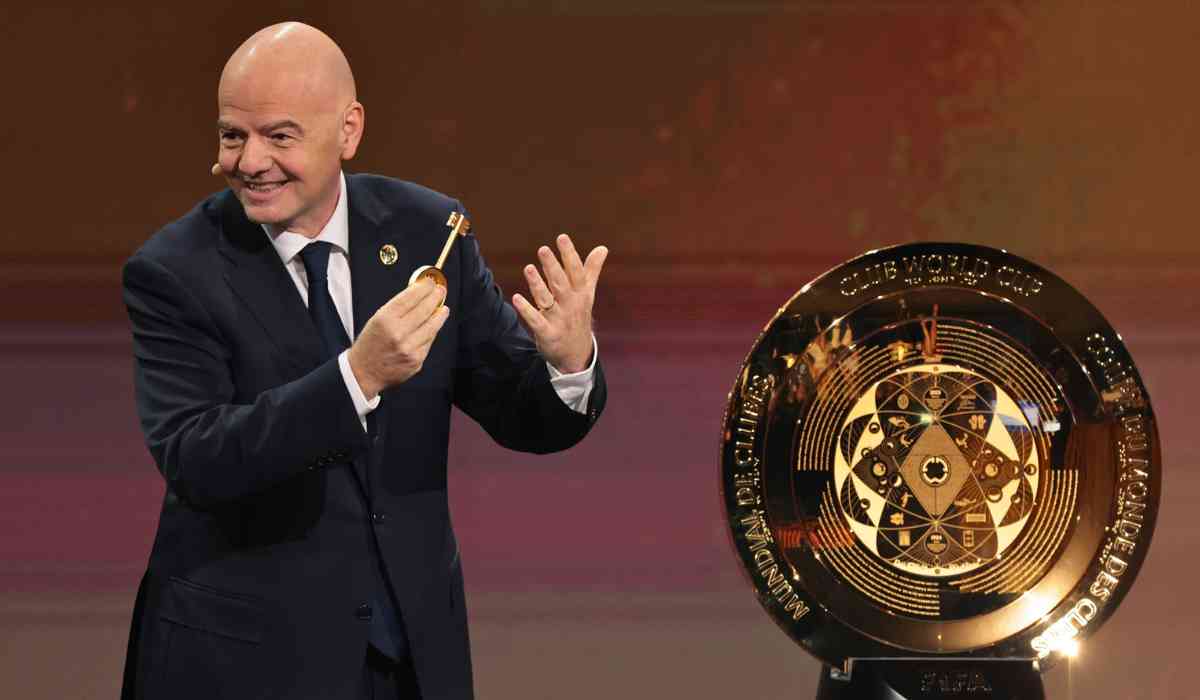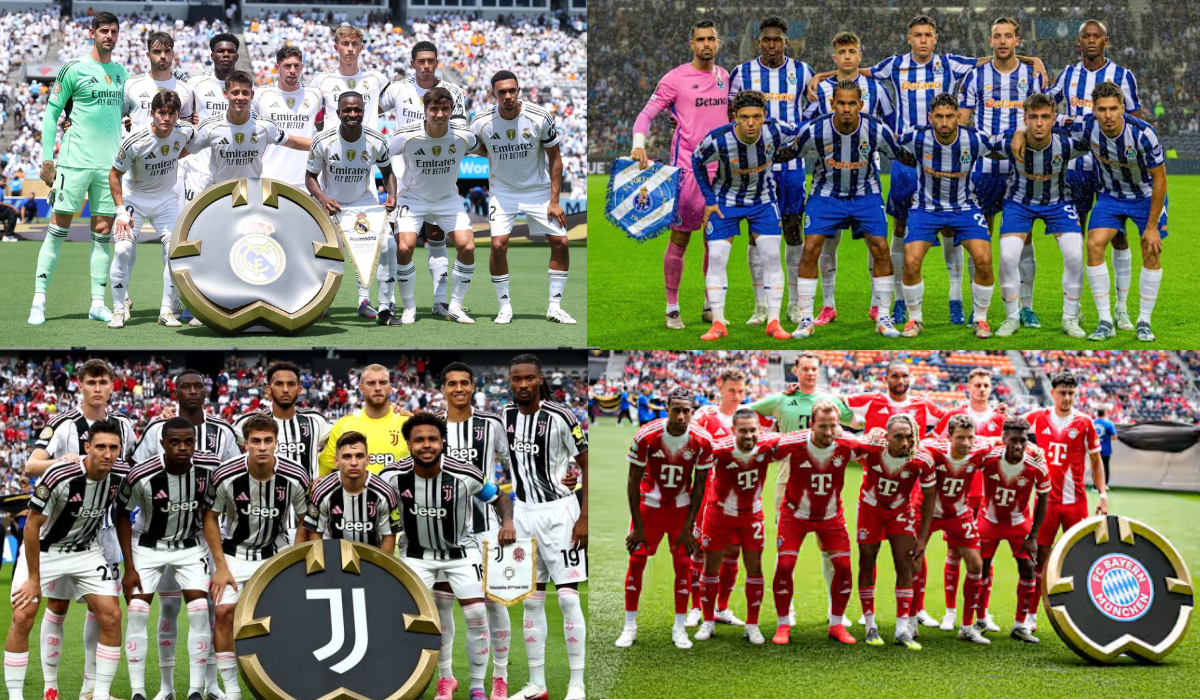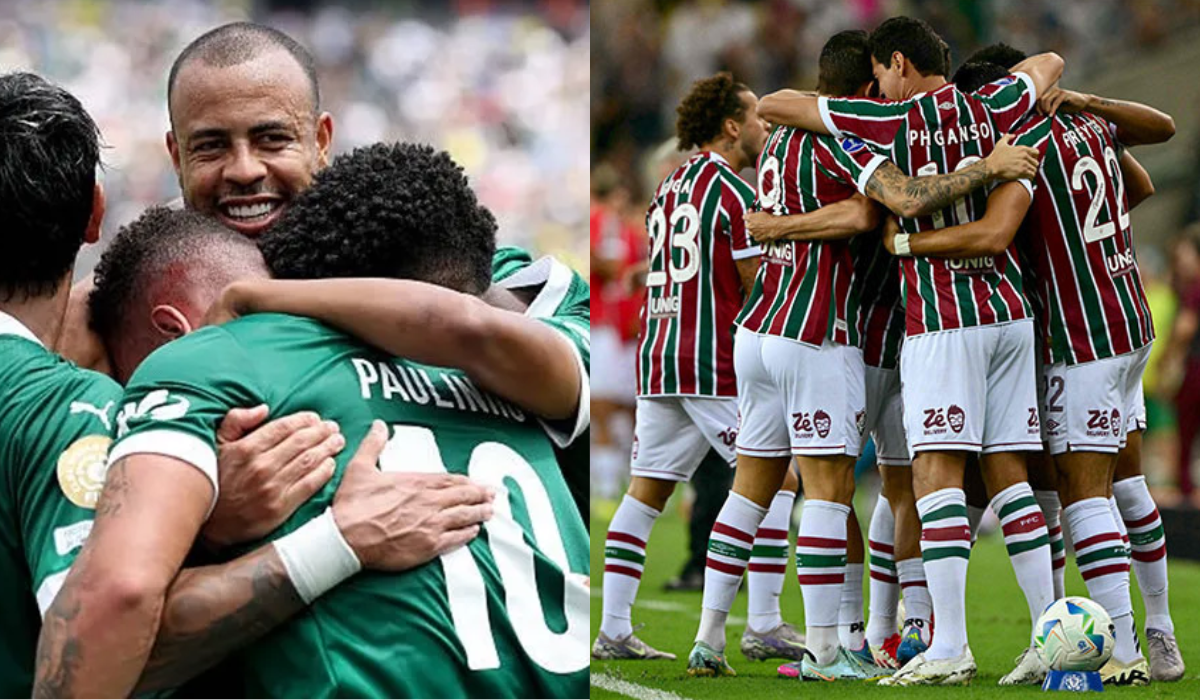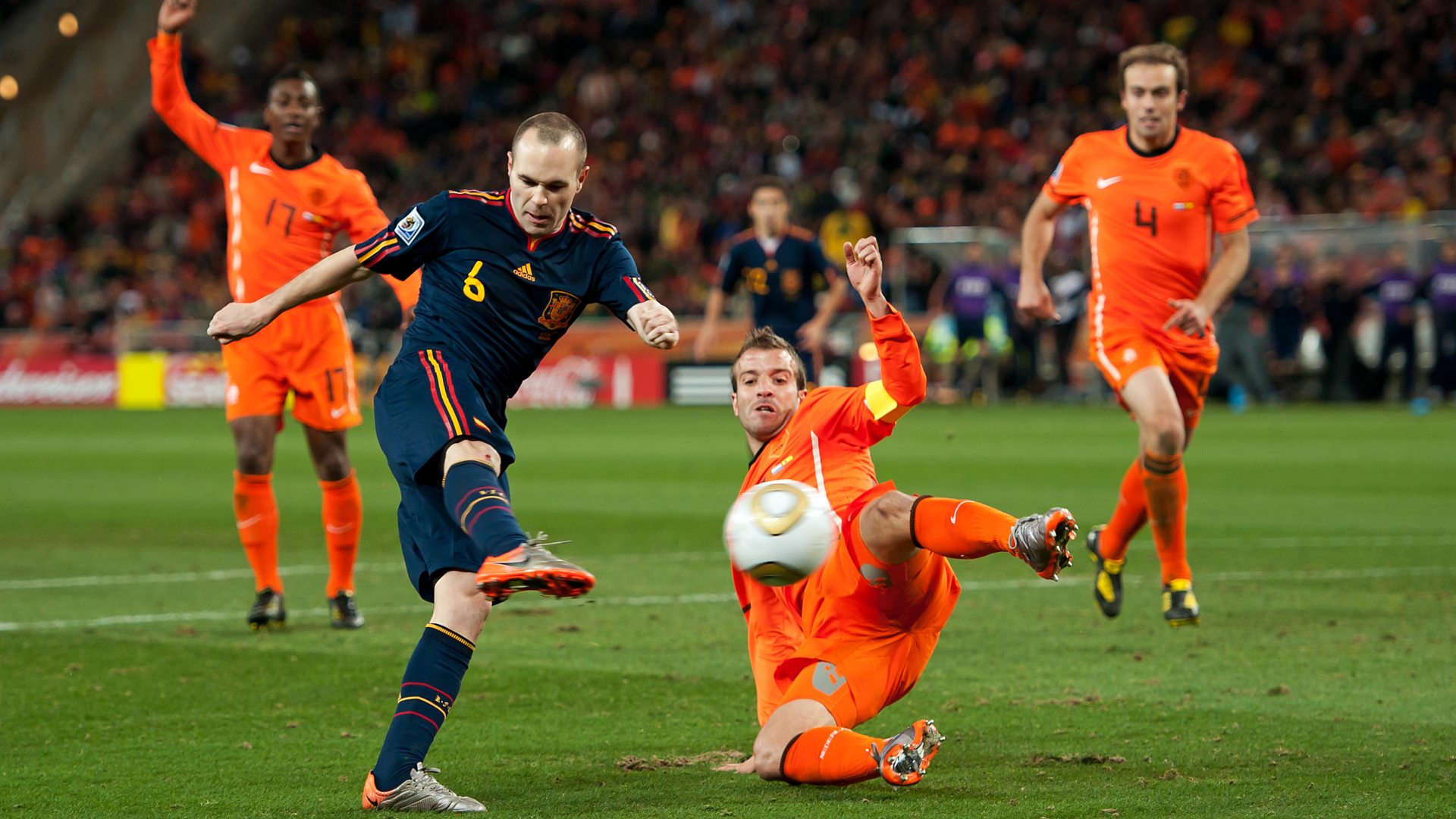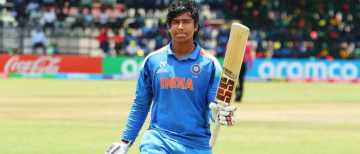The 2025 Club World Cup turned out to be more than just another football tournament—it became a reminder of everything that makes the beautiful game so captivating. It taught us humility, belief, and the power of momentum. Most importantly, it offered an early glimpse into what we might expect from the 2026 FIFA World Cup.
As fans counted on established giants like PSG, Bayern Munich, Real Madrid, and Juventus to dominate the expanded 32-team tournament, few saw Chelsea—struggling domestically and carrying the weight of skepticism—as serious contenders. But the Blues rose above expectations in stunning fashion, clinching the title with a commanding 3-0 win over PSG in the final.
Here are some key lessons and takeaways from this dramatic tournament that might shape the mindset of players, coaches, and fans ahead of the 2026 World Cup.

1. Chelsea’s Underdog Story: Tactics and Trust Over Hype
Entering the 2025 Club World Cup, Chelsea were not counted among the favorites. Their Premier League campaign had been inconsistent, with injuries and tactical changes hurting their momentum. Yet in a tournament filled with heavyweights, Chelsea not only survived—they thrived.
Their path to the title was nothing short of remarkable: knockout victories over Benfica, Palmeiras, and Fluminense, followed by a dominant performance against PSG in the final. These weren’t just fluke wins; Chelsea showcased tactical discipline, team chemistry, and individual brilliance.
Key to their success was manager Enzo Maresca, who crafted a system that maximized the team’s pressing and counter-attacking strengths. He trusted young talents, maintained shape against more experienced teams, and never allowed the squad to be intimidated by the occasion.
This is a crucial lesson for national teams preparing for 2026—reputation doesn’t guarantee results. Belief in strategy and execution often matters more than past glory.

2. Cole Palmer: The Tournament Breakout Star
Cole Palmer stole the show in the final, scoring twice in the first half and assisting the third goal by João Pedro. His composure, technical flair, and creativity under pressure turned the game around within the first 45 minutes.
Palmer’s rise mirrors what many national coaches hope for—a young player who peaks at the right moment. For Chelsea, his performances made the difference. For future tournaments, this proves that trusting young, hungry players can redefine a team’s destiny.
As we head into the 2026 World Cup, many nations will be searching for their own Cole Palmer—a game-changer who thrives under the spotlight.

3. Robert Sanchez and the Importance of a Reliable Goalkeeper
While Palmer took the headlines, Chelsea’s goalkeeper Robert Sanchez was a silent hero throughout the tournament. His crucial saves in the semifinal and multiple key stops in the final kept Chelsea’s sheet clean and confidence intact.
PSG’s attack, with stars like Mbappé and Asensio, tested Sanchez repeatedly. Yet, he remained composed and commanding. This emphasizes a timeless truth in football: tournaments are often won by teams with great goalkeepers.
For national teams, this serves as a reminder to prioritize solid keeping as much as flashy forwards or midfielders.
4. The Fall of Giants: Why Big Names Aren’t Enough
The most surprising trend of the 2025 Club World Cup was the early or uninspiring exits of big names. Bayern Munich, Real Madrid, Juventus, and Porto—teams with rich continental success—struggled or crashed out in shocking fashion.
-
Bayern Munich were beaten in the quarterfinals by Palmeiras.
-
Real Madrid fell apart in the group stage, failing to find rhythm.
-
Juventus couldn’t get past the round of 16.
-
Porto, a dark horse for many, failed to register a single win.
These collapses reminded fans and pundits that form, not fame, decides outcomes. Football, especially in knockout formats, doesn’t always reward legacy. It demands performance on the day.
This is crucial for 2026: teams like Argentina, France, and Brazil will enter as favorites—but if they underestimate so-called weaker nations, they may be in for a rude shock.

5. Lionel Messi and Inter Miami: The Power of Individual Brilliance
One of the tournament’s heartwarming stories came from Inter Miami. As the sole MLS representative, many doubted they would progress beyond the group stage. But powered by moments of magic from Lionel Messi, the American side made it to the knockouts.
Though they didn’t go all the way, their presence and performance gave MLS fans hope and highlighted that with the right conditions, smaller clubs can punch above their weight. Messi’s involvement added glamor and drew massive attention, especially from non-European audiences.
Looking ahead to 2026, this shows that individual brilliance can still lift a team beyond its limits, even in the ultra-competitive world of international football.
6. South American Resilience: Palmeiras and Fluminense Impress
While Chelsea took the title, two South American giants—Palmeiras and Fluminense—showed that CONMEBOL clubs still pack a punch. Palmeiras stunned Bayern Munich, while Fluminense pushed Chelsea in the semis before bowing out.
Their physicality, street-smart tactics, and flair posed serious problems for more structured European sides. The matches were intense, full of drama, and reminded everyone of South America’s unique style of football, where passion and chaos combine to unsettle any opponent.
Expect a strong showing from South American nations in 2026. Brazil, Argentina, Uruguay, and even Colombia or Ecuador might have something special to offer.
7. Tactical Versatility Wins Tournaments
One key feature of Chelsea’s success was their tactical adaptability. Against Palmeiras, they played cautiously and controlled possession. Versus PSG, they counter-attacked with precision. They had a Plan A, B, and even C.
In contrast, many traditional giants stuck rigidly to their default systems, which opponents exploited. Football is evolving rapidly. High-pressing, possession-based play, and even hybrid defenses need to blend into a flexible tactical identity.
National teams in 2026 should build squads capable of shifting styles during matches—not just sticking to outdated philosophies.
8. Depth Is As Important As Stars
Chelsea’s squad depth was one of the defining reasons for their triumph. While PSG relied heavily on Dembele and a few stars, Chelsea rotated smartly. João Pedro, Sterling, Enzo Fernandez, and Gusto all contributed crucial minutes across games.
As teams face condensed fixtures in World Cup tournaments, having a deep bench will matter more than ever. Injuries, suspensions, and fatigue can derail even the best squads. Coaches should build teams with versatility and strength in depth rather than just star-studded starting XIs.

9. Don’t Believe the Predictions
If this tournament proved anything, it’s that pre-tournament predictions often miss the mark. From analysts calling for a PSG vs. Real Madrid final, to fans mocking Chelsea’s inclusion as a "wild card"—the gap between expectations and results was enormous.
That’s the beauty of football. It's not scripted. Any team, on any day, can flip the script. And that’s what will make the 2026 World Cup potentially the most exciting ever—upsets, shockers, and new stars are guaranteed.

10. Football’s Global Future Is Bright
With clubs from Europe, South America, North America, and Asia making an impact, this Club World Cup signaled a new era of global competitiveness. Football is no longer confined to a few regions. It’s growing everywhere—and fast.
Inter Miami’s qualification, Asian clubs like Al Hilal giving top teams a tough fight, and African sides showing great energy—this suggests that football’s future is more inclusive than ever.
As we prepare for the expanded 48-team format in the 2026 World Cup, this mix of cultures, tactics, and playing styles will only add richness to the tournament.
Football is a Game of Moments, Not Just Metrics
The 2025 Club World Cup was not just a tournament—it was a storybook of surprises. It reminded us why football captures hearts across the globe. Chelsea’s triumph, the fall of the giants, and the rise of unexpected heroes offer lessons that will be studied and remembered for years.
As we inch closer to the 2026 FIFA World Cup, fans and players alike would do well to remember: in football, anything is possible. All it takes is belief, strategy, and the courage to dream.
Because in this sport—whether you’re a global superstar or an unknown talent—the next moment could be yours to own.
With inputs from agencies
Image Source: Multiple agencies
© Copyright 2025. All Rights Reserved Powered by Vygr Media.

